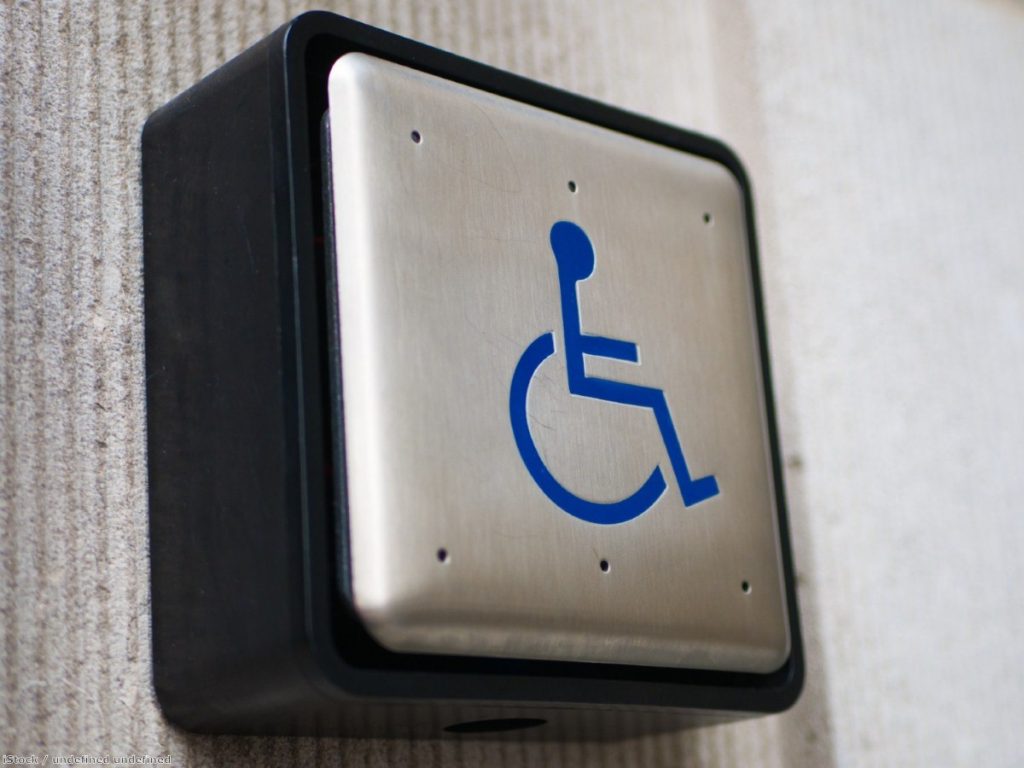By Anonymous
In some medieval cities across the UK you can still see evidence of a rather odious past. Close to where I live, for instance, there's an old witches' ducking stool on display. If you were suspected of witchcraft you were dunked in water until you drowned, which proved your innocence, or you survived, which proved guilt.
That ducking stool was in my mind when I read the new study by the Activity Alliance, which found that nearly 50% of disabled people fear being sanctioned for benefits if they appear too active. This is an all-too familiar set of circumstances for many of us. You're damned if you do and damned if you don't.
It may seem an extreme analogy, but disabled people in the years of austerity have seen some pretty barbaric things. Many have died. If you’re seen to be too active, you're judged and receive benefit sanctions. If you're seen to not be doing enough, you're judged and sanctioned too. There is never quite the right amount of disability.


Over the last two years I've been anonymously blogging about my own journey through the benefit system under the banner I'm Broken Britain. I have been housebound and disabled with severe illness essentially my whole life. It gets rather lonely and boring, so finding suitable outlets for work and socialising are a must.
I've kept myself busy, for my own mental health if nothing else. But far from being rewarded or encouraged for my own initiative, my CV has proved detrimental to my own benefit claims.
As I type this I have been without any help for the last year. I survive through donations from those within my immediate family. I'm personally only ever two relationships away from being housebound or – ironically – homeless.
My parents and carer pick up a great deal of slack, and if not for these two relationships, I dread to think where I'd be. And I'm one of the lucky ones. I know many disabled people who are not afforded this same safety net and have to go it alone.
Nearly half of all disabled people feel excluded from society and it's easy to see why. The charity Scope has made it clear that business, individuals and the government need to do far more to allow disabled people access to work and other social practices. We need nothing short of total game changers and yet nothing is changing.
We also need to start thinking about disability in a different way. For too long we've bought in to the linear iconography of disability – the wheelchair symbol, a walking stick – but disability is as complex as life itself. Those of us who live with chronic illness and have a disrupted life, not knowing when the next spell of clemency from pain or exhaustion will come, are often left having to fight for recognition.
The benefit system has wilfully belittled the the idea that we can have a full and lucid conversation over disability and nuanced help. State-provided aid through the welfare system can provide a degree of quality of life and independence. So can tailored and accessible working practices. But there's precious little of that about. Nine-to-five life barely suits anyone, let alone those of us who rarely see those hours with any consistency.
There's been hardly any carrot and awful lot of stick. But cruel sanctions don't even work. The government has recently been accused of sneaking out a report which shows that benefit sanctions have not encouraged claimants to find work.
This is where my own personal feelings start to creep through. I'm able to keep a partial lid on the bubbling emotion that I feel when addressing this subject, but to learn that the Department for Work and Pensions knows that its cuts are not remotely aiding anyone's life and yet cracks on with them anyway – well, it's hard not to turn my mind back to the ducking stool.
Many of us with disability have faced the cold justice of being thrown in the icy waters and told to drown or swim. And now, with Brexit on the horizon, things are only set to get worse.
The writer of this article wished to remain anonymous. You can follow them at @ImBrokenBritain.
The opinions in politics.co.uk's Comment and Analysis section are those of the author and are no reflection of the views of the website or its owners.









